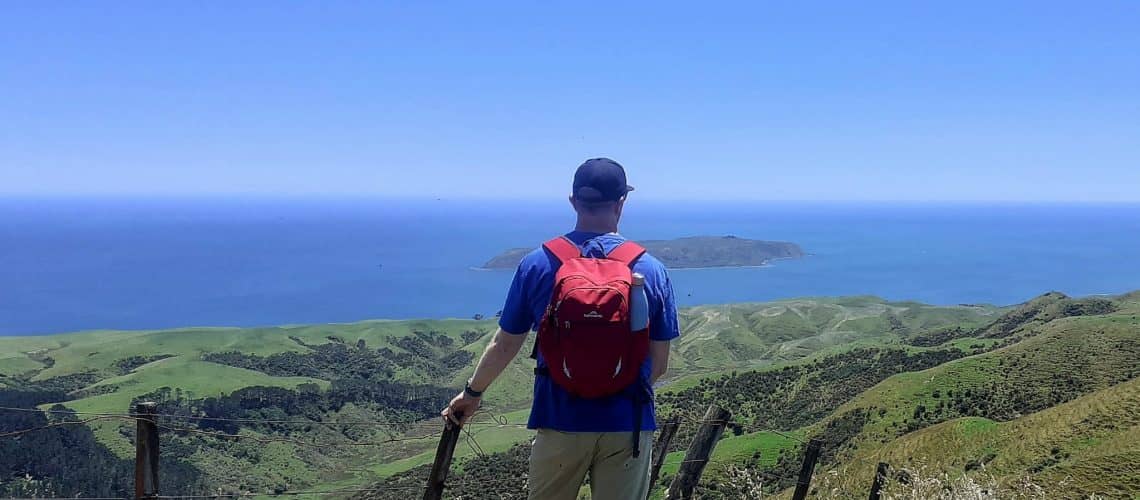As the CEO of Age Concern Wellington Region, I often think that if I could just get those not yet at retirement age to imagine life at 85, many more people would want to reach out and connect with seniors. But it’s hard for us to imagine ourselves being a little bit older than we are, let alone 30 or 40 years older. When we try to, our imaginations tend to focus on material things like whether there will be flying cars, or artificially intelligent robots doing all the housework for us. I don’t think we wonder if we’ll have anyone to talk to.
What I really want people to try and imagine is what it might be like to live alone, and perhaps with a health condition that restricts your movement. Maybe your children live far away and can’t visit easily. Maybe contact with your social circles has diminished since your spouse or partner passed away.
How do you go out? How do you maintain relationships with your friends? How often do you have a conversation with someone other than the doctor, pharmacist or the checkout person at the supermarket?
Trying to imagine our lives like this is somewhat concerning, and we soon stop. But this is a real situation for many seniors across our Region. Every week, our team are meeting older people referred to us who are isolated and lonely. Many have mobility issues that can prevent them from taking part in normal community life. This results in fewer social connections, which can have a significant impact on mental and physical wellbeing.
Loneliness is still one of the most common issues arising from the more than 4,500 community support phone calls we receive each year. Research shows that having weak social connections carries similar health risks to being an alcoholic or smoking 15 cigarettes per day.1 Social isolation is also known to increase the risk of serious health conditions such as dementia, stroke and heart disease.
The good news is that, compared to the potential health risks, loneliness for seniors can be relatively easy to address. And this is a focus for Age Concern. We’re currently reaching more than 200 seniors with weekly social connection through our Visiting, Walking and Phone Friend services. Our Steady As You Go falls prevention programme reaches hundreds more every week, many of whom come for the social connection. Our Connect programme also provides a great framework for social interaction over tea, coffee and some good food.
I have met countless seniors taking part in these services who tell me first hand how much better they feel because they’ve been able to connect with others.
It’s very true that we don’t know what we’ve got till it’s gone. For seniors, this applies to friendships and social connection as much as anything else. A simple conversation, a hug, laughter and sharing food is good medicine for the soul. More than that, being in relationship with others is a vital part of life!
~ Stephen Opie, CEO

